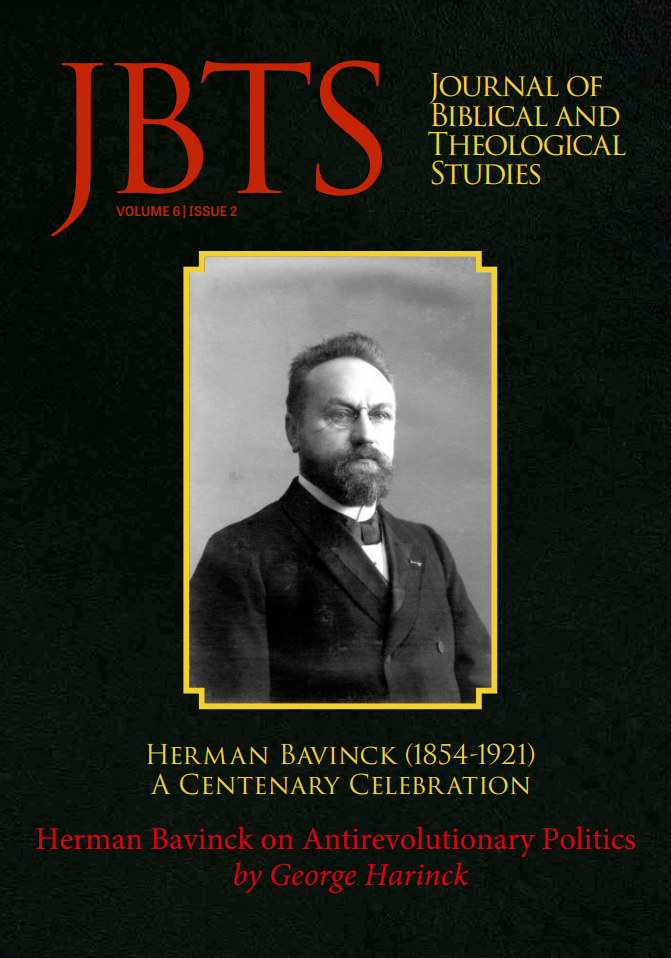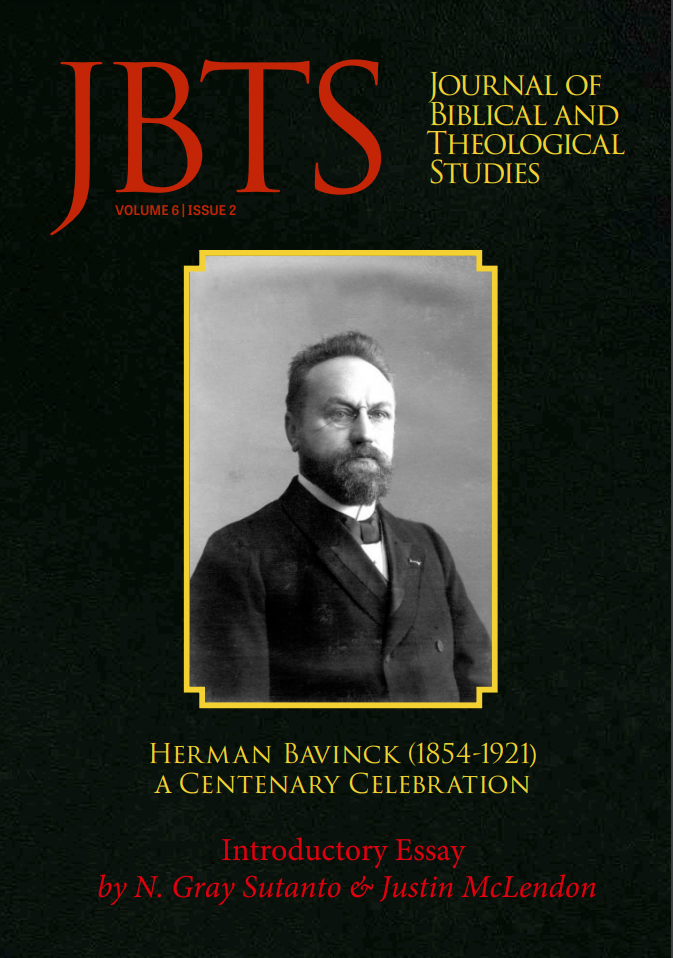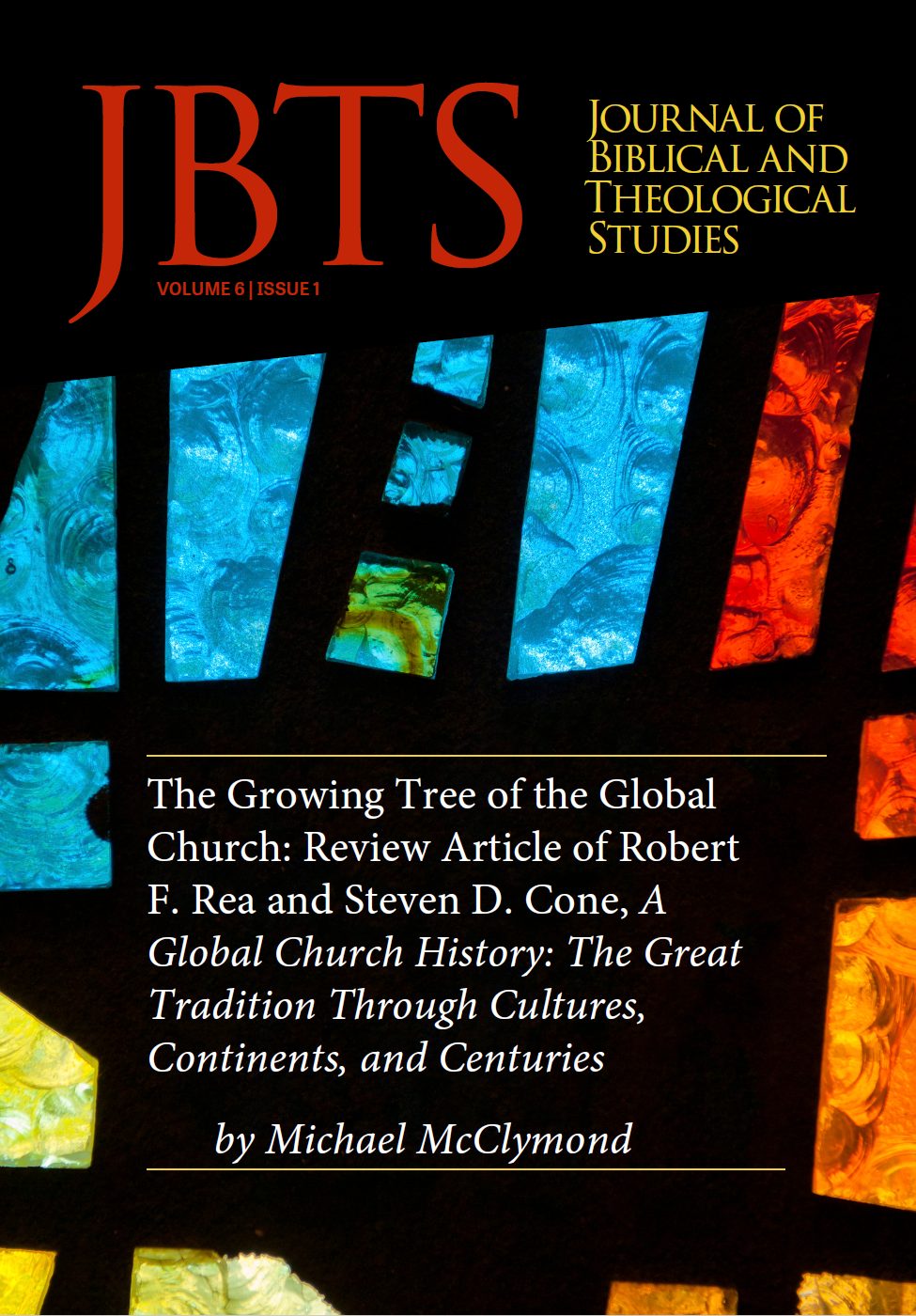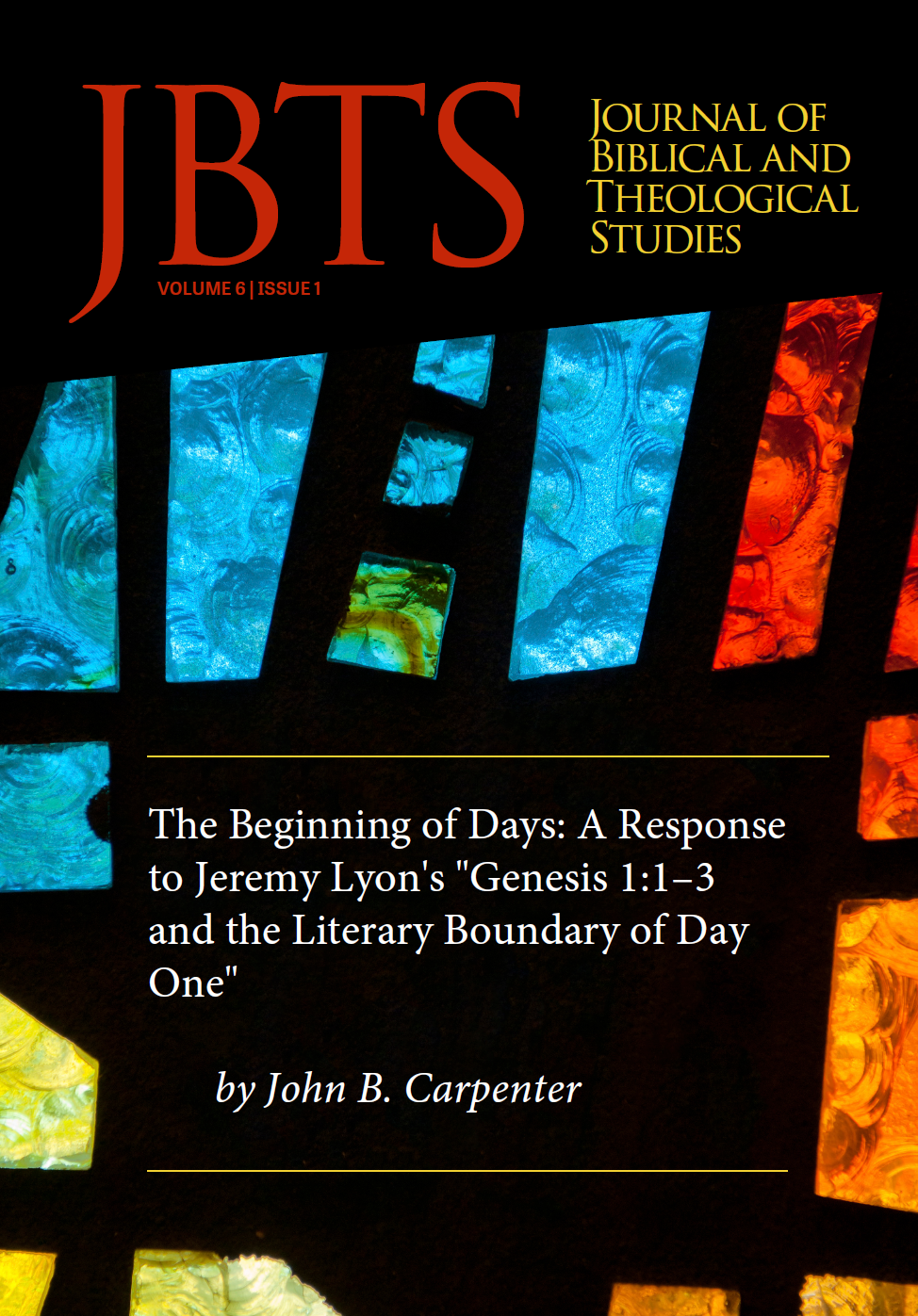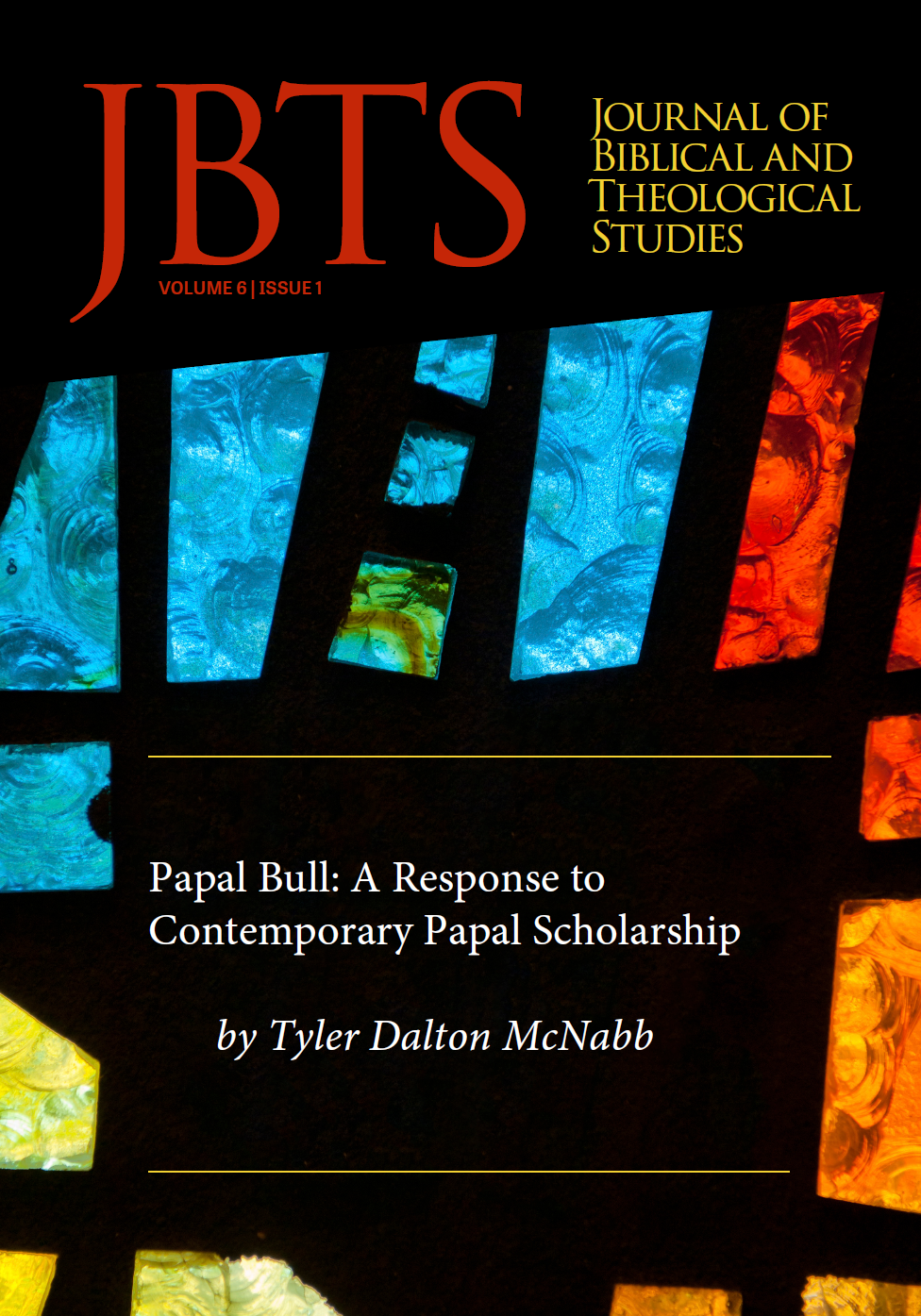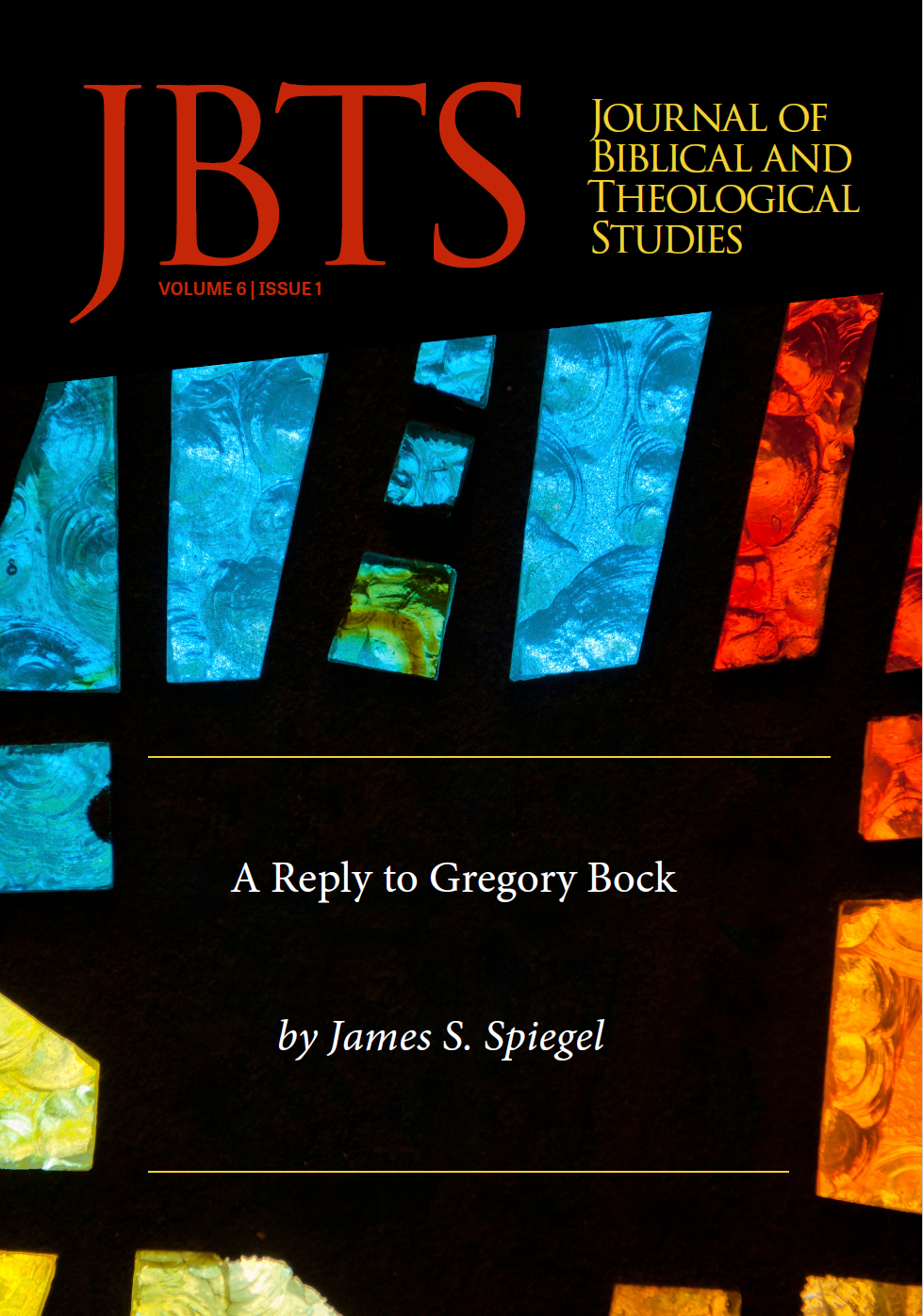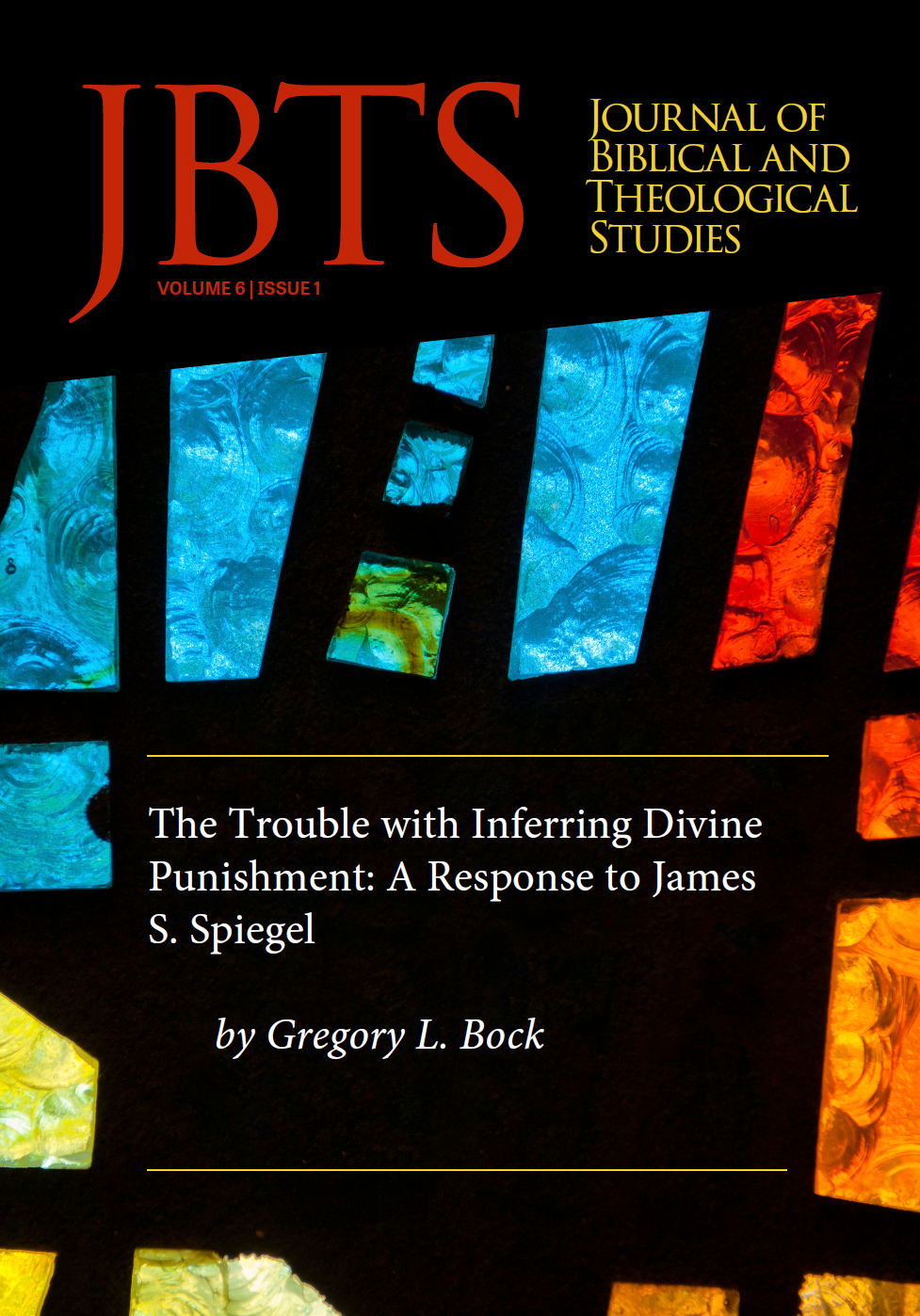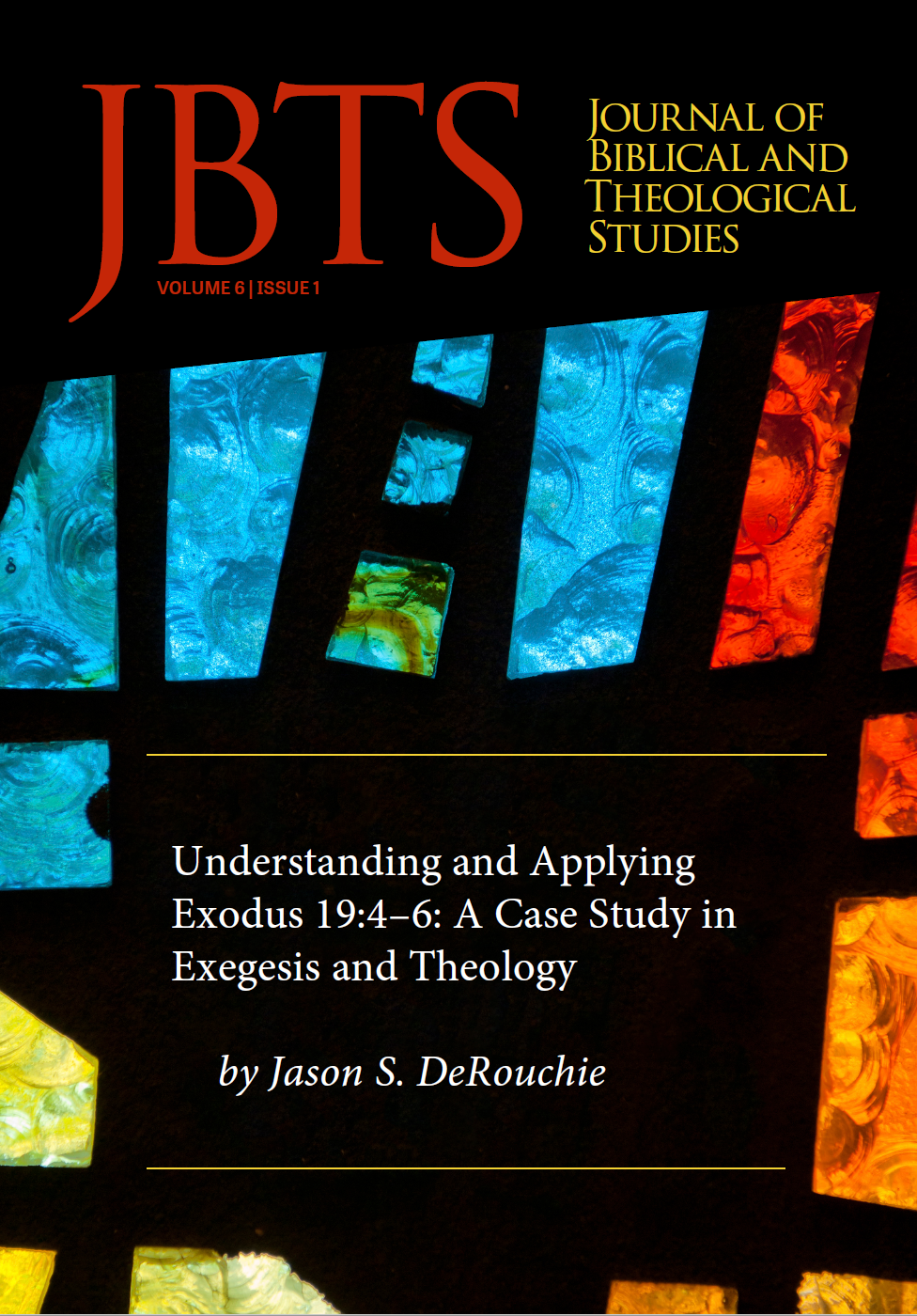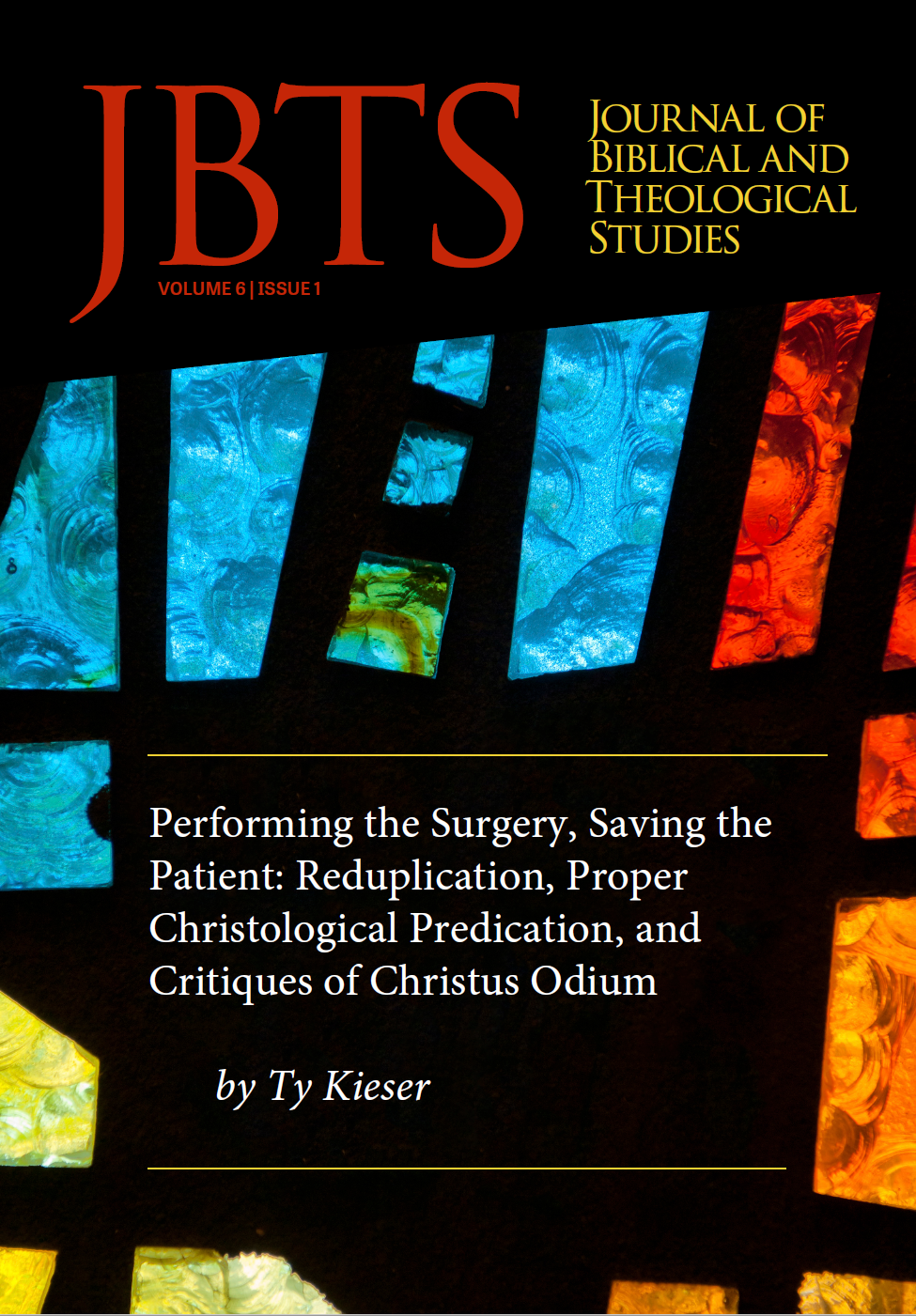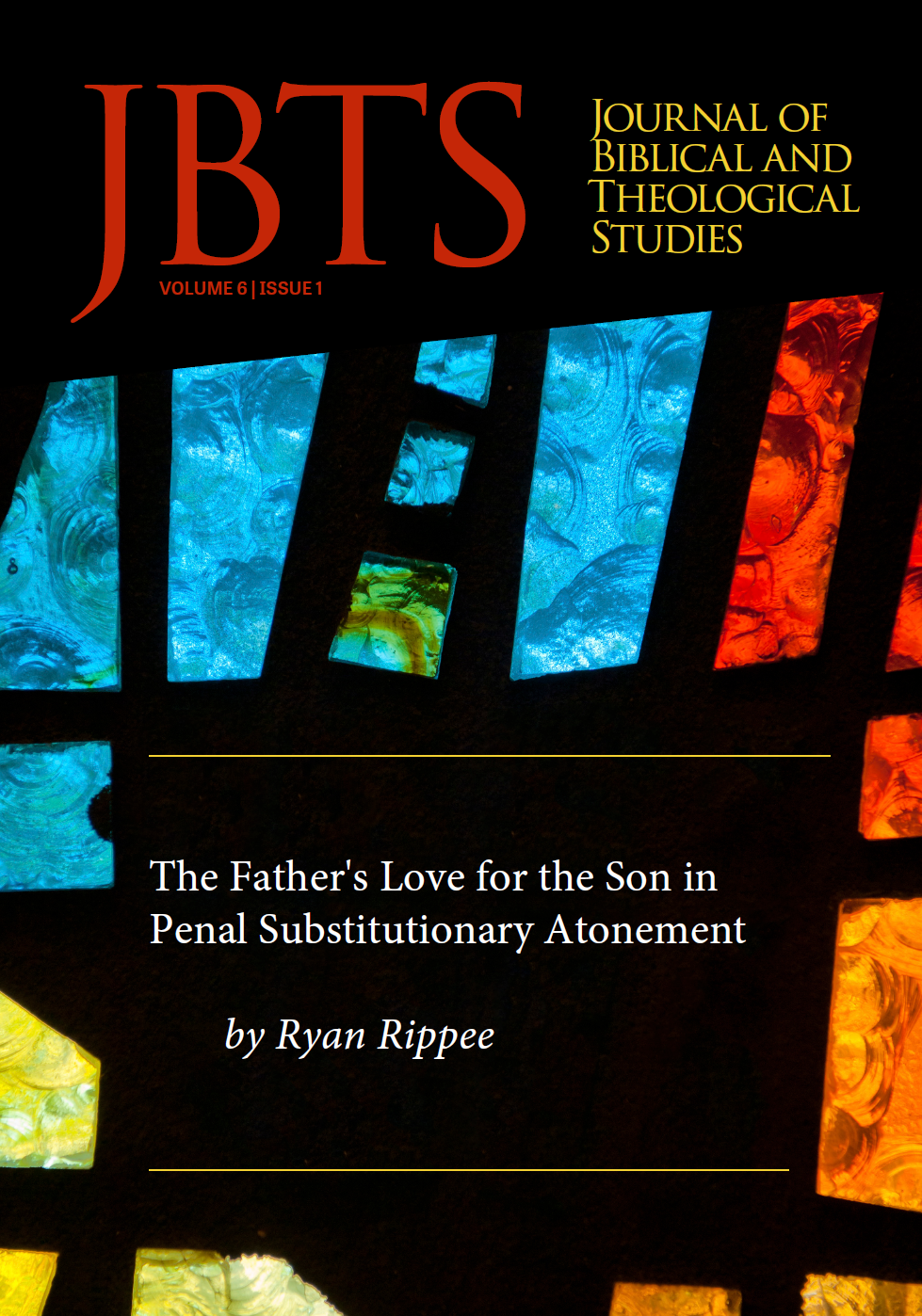Herman Bavinck on Antirevolutionary Politics George Harinck George Harinck (PhD, Vrije Universiteit Amsterdam) is Professor of History at Theological University Kampen and Vrije Universiteit Amsterdam, and Director of the Neo-Calvinism Research Institute at Theological University Kampen. He published widely on the history of the Neo-Calvinist tradition. Introduction Though Herman Bavinck is well known as a theologian, he also played a substantial role in Dutch politics. He was a member of the Antirevolutionary Party, he served as manager and president of the Central Committee, the executive board of this party, and the last decade of his life he was a Senator, a member of the Dutch First Chamber or Senate. In his context, other theologians were also active in politics and served as representative in city councils, provincial or national polities bodies: Abraham Kuyper in the first place, but also his former fellow student in Leiden, professor Gerrit Wildeboer, his Kampen colleague Maarten Noordtzij, Rev. A. Syb Talma, and the Leiden professor Bernard D. Eerdmans, to name a few. Bavinck played a larger political role than most of his contemporary theological colleagues. However, evaluating his activities in the political domain, obituaries and historical publications have not stressed his work as…
Articles
Introduction to Herman Bavinck (1854-1921): A Centenary Celebration N. Gray Sutanto and Justin McLendon N. Gray Sutanto is Assistant Professor of Theology at Reformed Theological Seminary, Washington D.C. Justin McLendon is Associate Professor of Theology at Grand Canyon University and serves as a Managing Editor of JBTS. The Journal of Biblical and Theological Studies (hereafter, JBTS) is a broadly evangelical, interdenominational journal committed to publishing current scholarship across biblical and theological disciplines. Biblical and theological themes have been the focus of every issue to date. Within biblical studies, examples include the Israelite Monarchy and Pauline Studies, and within theological studies, examples include Christianity and the Philosophy of Science and the Catholicity of the Church.[1] This iteration, JBTS 6.2, marks the first volume dedicated exclusively to a Christian theologian and scholar.[2] This shift in focus prompts at least two questions: why dedicate a volume to a singular figure, and why focus upon Herman Bavinck? Read the full article: Introduction to Herman Bavinck (1854-1921): A Centenary Celebration [1] Open access to every JBTS issue can be found on jbtsonline.org. [2] Though JBTS will continue its primary focus on biblical and theological themes in forthcoming volumes, the editorial team has goals to dedicate future issues…
The Growing Tree of the Global Church: Review Article of Robert F. Rea and Steven D. Cone, A Global Church History: The Great Tradition Through Cultures, Continents, and Centuries (London: T. & T Clark Bloomsbury, 2019), pp. xxviii + 847. Michael McClymond Professor of Modern Christianity, St. Louis University When I attended a Protestant seminary in the 1980s, our assigned text for general church history was the venerable work by Williston Walker, D.D., L.H.D., Ph.D. (1860–1922), who had graduated from Amherst College in 1883, from the Hartford Theological Seminary in 1886, from Leipzig University (PhD) in 1888, and then taught and Hartford Seminary, before proceeding to Yale University, where he taught after 1901. By the time I first encountered it, Walker’s book had already been revised and updated by a team of three scholars from Union Theological Seminary in New York City, first in 1956 (2nd ed.), and then again in 1970 (3rd ed.). A side-by-side comparison between the 1918 and third (1970) editions shows that the essential framework of the original 1918 book—published as soldiers battled in the trenches of World War I—had not appreciably altered, except within the final section of the six-hundred-page book. “English Unitarianism” was expanded…
The Beginning of Days: A Response to Jeremy Lyon’s “Genesis 1:1-3 and the Literary Boundary of Day One John B. Carpenter John B. Carpenter Carpenter (BA Samford University, MDiv Fuller Theological Seminary, ThM Trinity Evangelical Divinity School, PhD The Lutheran School of Theology at Chicago) is the founding pastor of Covenant Reformed Baptist Church in Danville, Virginia Abstract: Jeremy D. Lyon, in his essay “Genesis 1:1–3 and the Literary Boundary of Day One,” claimed that Genesis 1:1-2 is meant to be read as part of day one and that this interpretation “reflects the grammar and syntax in the most straightforward manner” and is supported by “inner-textual commentary” (that is, other parts of the Bible). He helpfully focuses on the most crucial issue for young earth creationists: whether Genesis 1 allows for long periods of time between the creation ex nihilo (out of nothing), in Genesis 1:1, and the beginning of the days, in 1:3. Following the work of Weston Fields, Lyon offers a grammatically impressive defense of a crucial issue for defending Young Earth Creationism (YEC), that Genesis 1:1-2 is “circumstantial;” that is, that it describes the circumstances at the dawn of day one. However, his conclusion about the circumstantial…
Papal Bull: A Response to Contemporary Papal Scholarship Tyler Dalton McNabb Associate Professor of Philosophy at USJ – University of Saint Joseph Peter Lampe, in his work, From Paul to Valentinus, argues that until the second part of the second century, the church in Rome favored a fractured collegial Presbyterian ecclesiology.[1] The Catholic historian, Robert Eno, agrees with Lampe when he states the following: But the evidence available seems to point predominantly if not decisively in the direction of a collective leadership. Dogmatic a priori theses should not force us into presuming or requiring something that the evidence leans against….This evidence (Clement, Hermas, Ignatius) points us in the direction of assuming that in the first century and into the second, there was no bishop of Rome in the usual sense given to that title.[2] And Eno is not the only Catholic historian who agrees with Lampe. Eamon Duffy, who served on the Pontifical Historical Commission, agrees that ‘all the indications are that there was no single bishop of Rome for almost a century after the deaths of the Apostles.’[3] Using Bayesian reasoning, Jerry Walls, an analytic philosopher of religion, has recently argued that if there was a bishop in Rome…
A Reply to Gregory Bock James S. Spiegel Professor of Philosophy and Religion at Taylor University I want to thank Gregory Bock for his critical response to my JBTS article “‘It’s the Wrath of God’: Reflections on Inferring Divine Punishment.”[1] In my article I pose the question whether it is ever reasonable to infer that a particular contemporary state of affairs is a case of divine wrath. In addressing this question I review several cases of divine wrath reported by the biblical writers, including the worldwide flood (Gen. 6), the destruction of Sodom and Gomorrah (Gen. 19), the Egyptian plagues (Exod. 12), the Korah rebellion (Num. 16), and Ananias and Sapphira (Acts. 5). In light of such cases, I discuss potential criteria for inferring the occurrence of divine wrath. The conditions I propose include: (1) the occurrence of a miracle in conjunction with the event in question, (2) extraordinary coincidences associated with the event, and (3) the association of the event with a fulfilled bold prediction. Read the full article: A Reply to Gregory Bock [1] James S. Spiegel, “‘It’s the Wrath of God’: Reflections on Inferring Divine Punishment,” Journal of Biblical and Theological Studies 4:2 (2019): 301-16. Share this on:…
The Trouble with Inferring Divine Punishment: A Response to James S. Spiegel Gregory L. Bock Assistant Professor of Philosophy and Religion The University of Texas at Tyler In a recent JBTS article, “‘It’s the Wrath of God’: Reflections on Inferring Divine Punishment,” James S. Spiegel considers whether we can be justified in believing that events in our lives and the lives of others are instances of divine punishment.[1] His stated aim is to answer the skeptical thesis – “the view that all assertions of divine wrath since biblical times are speculative at best and perhaps even irresponsible.”[2] In other words, he argues that an event’s being in the Bible is not a necessary condition for concluding that it is an instance of divine punishment. He proposes three sufficient conditions that justify ascriptions of divine wrath. The conditions are as follows: the occurrence of a miracle; extraordinary coincidence; or fulfilled bold prediction.[3] He admits that applying these conditions will not produce the same level of confidence we have in identifying cases of divine punishment in Scripture, and he stresses that we must be cautious lest we slander God by ascribing to him intentions he does not have. I interpret Spiegel’s emphasis…
Understanding and Applying Exodus 19:4-6: A Case Study in Exegesis and Theology Jason S. DeRouchie Research Professor of Old Testament and Biblical Theology Midwestern Baptist Theological Seminary [email protected] / https://jasonderouchie.com Perhaps more than any other single text, Exodus 19:4–6 provides the Bible’s clearest and simplest snapshot of God’s revealed purpose for the old covenant. This essay seeks to interpret this passage within its immediate and broader biblical context, understanding and applying it as the Christian Scripture God intended (Rom 15:4; 1 Cor 10:11; 2 Tim 3:16–17; 1 Pet 1:12). The study also supplies a case study in exegetical and theological inquiry following the twelve steps outlined in my book, How to Understand and Apply the Old Testament.[1] Recognizably, the nine steps of exegesis and three steps of theology are all interrelated, and distinguishing them is somewhat artificial to the process of interpreting the Bible. Nevertheless, using a single passage to walk through the twelve steps should help students understand better the various aspects of exegesis and theology that are necessary for rightly handling God’s word of truth (2 Tim 2:15). Read the full article: Understanding and Applying Exodus 19:4-6: A Case Study in Exegesis and Theology [1] Jason S. DeRouchie, How…
Performing the Surgery, Saving the Patient: Reduplication, Proper Christological Predication, and Critiques of Christus Odium Ty Kieser Guest Assistant Professor of Theology at Wheaton College Abstract: In response to the christological objections to Christus Odium raised by Farris and Hamilton, this article argues that Christus Odium cannot be ruled out on christological grounds. Further it shows that if these christological objections stand, then there would be adverse implications for other views of the atonement, including more historic and classical theories. So instead of objecting to Christus Odium on christological grounds, this article suggests that the discussion be relocated into the dogmatic sphere of the doctrine of God and seek to clarify the definition and nature of divine “hatred.” Key Words: Christology, Hypostatic Union, Atonement, Reduplication, Divine Justice Share this on: FacebookTwitterLinkedin
The Father’s Love for the Son in Penal Substitutionary Atonement Ryan Rippee President, The Cornerstone Bible College and Seminary Abstract: In what Joshua Farris and S. Mark Hamilton label the Christus Odium variant of penal substitutionary atonement, the Son becomes the object of the Father’s perfect hatred on the cross. However, within a penal substitutionary model of the atonement, when propitiation was made, did it necessitate that the Father hates the Son? No, on the contrary, a biblical model of penal substitutionary atonement is the most glorious display of the Father’s love for his Son in the Spirit. The Father’s eternal plan of the atonement is rooted in his love for the Son and brings him great pleasure in accomplishing his purpose at the cross. The Father sent the Son, empowered by the Spirit to be a penal substitutionary sacrifice so that those worshippers would not only see the glory of the Father in the face of Christ, but would experience the Father’s love in the Son by the indwelling Spirit. Further, the Father hates sin but cannot hate his Son, and so was greatly pleased that the Son laid down his life and took it up again, accomplishing redemption…

